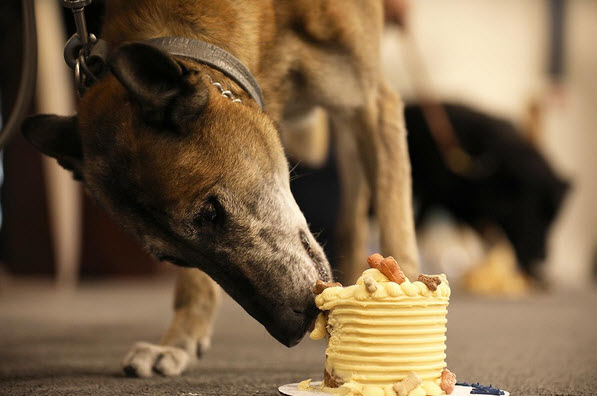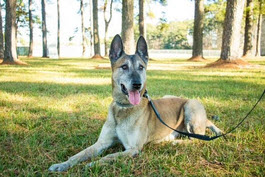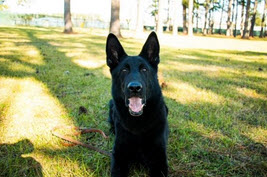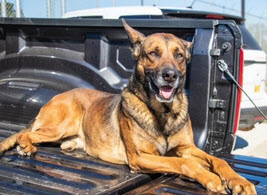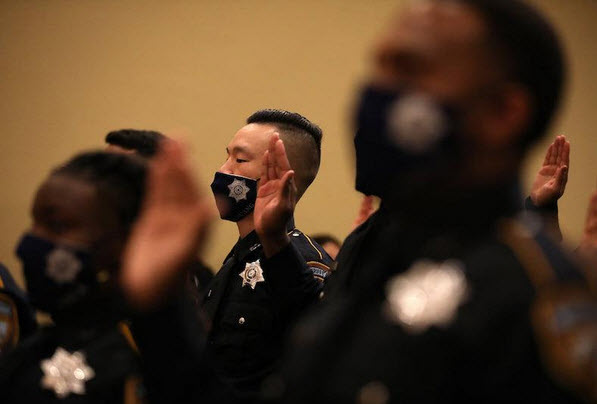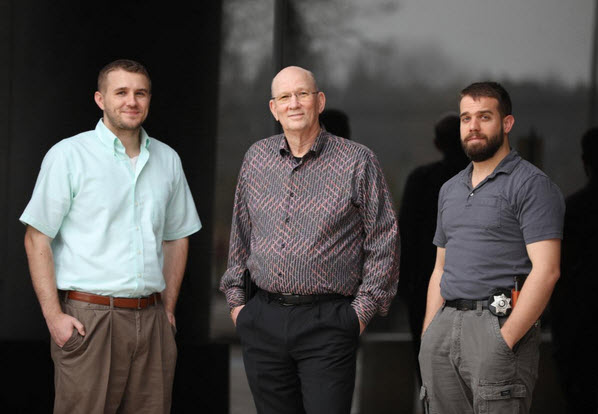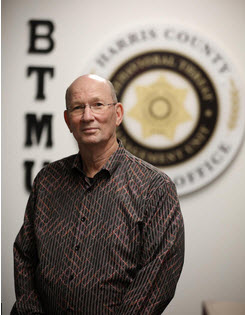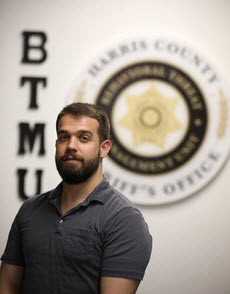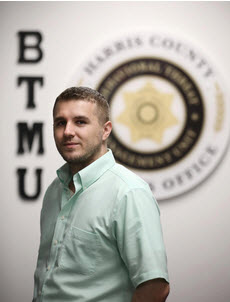Message from Sheriff Ed Gonzalez – Meet Our Homeless Outreach Team
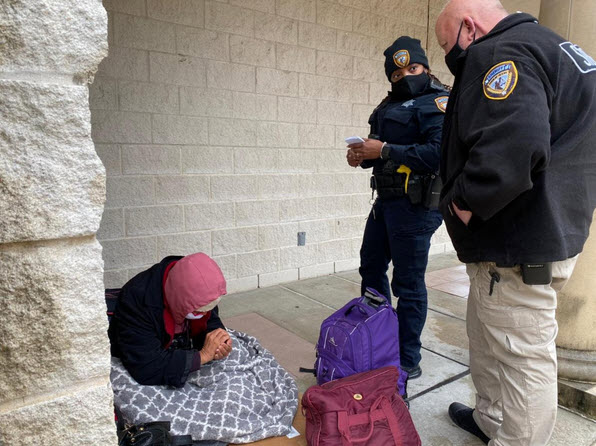
As a cold front brings freezing temperatures, chilly air, and maybe some snow to our region over the next several days, we strongly encourage you to closely monitor the weather while meteorologists guide us through what promises to be a significant event.
It’s likely a hard freeze will occur in the coming days, potentially putting people, plants, pets, and pipes in jeopardy. This also means we could experience sleet on our roadways.
While we still have questions about how much of the Arctic air will reach us, it’s now time to prepare:
- Protect People: Check on your neighbors, relatives, and friends, especially seniors, to ensure they have sufficient warmth.
- Protect Pets: Bring your four-legged companions inside. If pets must be left outside, give them an enclosed shelter with protection from the wind.
- Protect Plants: Plants should be covered and those in containers should be brought inside.
- Protect Pipes: Allow water to drip from faucets, especially those facing exterior walls, and open your cabinets so the warmer air can circulate.
- Stay Alert: Take all necessary precautions on and off the roads and follow the guidance of local officials.
- Activate Emergency Alerts: Monitor the local NWS forecast and sign up for emergency alerts at ReadyHarris.org.
Our Homeless Outreach Team (HOT) is in the community doing all they can to help those without housing stay warm and safe with blankets, jackets, and information on open shelters and available resources. In preparation for the extreme cold, HOT deputies have adjusted their schedules to offer around the clock coverage and proactive support to our most vulnerable neighbors.
According to the Coalition for the Homeless, nearly 4,000 people are experiencing homelessness in the Houston area.
The unit was established in 2015 and now operates in all five of our patrol districts across Harris County, offering aid and assistance through our community partners and transportation to hospitals, shelters, and facilities that specialize in providing services to the homeless.
This work is more challenging than ever because of the pandemic – shelters and emergency warming centers are not able to expand their capacities to accommodate people who are looking to come inside during the winter months.
As we work together to stop the spread of the coronavirus, our Homeless Outreach Team remains on the front lines. Since the beginning of the pandemic, these deputies have spread awareness about the virus and provided essential supplies and hygiene products at homeless encampments.
Additionally, they have hosted cleanup days with community partners and volunteers, removing debris and trash from intersections, esplanades, and underpasses.
During the Thanksgiving holiday, HOT deputies and fallen Deputy Sandeep Dhaliwal’s family distributed over 100 meals to the homeless. UTMB Health, Hope Center Houston, Love Network of Baytown, and Deputy Dhaliwal’s family donated many of the blankets that are being handed out to those in need.
There are countless stories of this unit connecting people experiencing homelessness with much-needed resources. A military veteran was driven to the U.S.VETS Houston office where he started the permanent housing process. A suicidal person experiencing homelessness and a mental health crisis was taken to a local hospital for evaluation and care. He was later discharged and driven to his new housing location by our Homeless Outreach Team deputies.
At the Sheriff’s Office, we know jail is not an appropriate solution to homelessness. And yet, the people held in our jail are more likely to suffer from poor physical and mental health, along with addiction. When appropriate, we’re committed to diverting people experiencing homelessness away from the criminal justice system and toward more appropriate care, resources, and services.
Homelessness is among the most important, complex issues facing our criminal justice system today. It’s critical we address these issues through innovative, multi-faceted strategies and compassion.
This unit is an example of community policing and what can be accomplished when law enforcement agencies and the community collaborate. We are proud to be part of the team effort setting a viable path forward for those experiencing homelessness. Although our partner agencies have different missions, we’re all united around the call to serve our most vulnerable neighbors and keep everyone safe. Public safety is always our North Star.
During a time of uncertainty, I am deeply encouraged and inspired by the strides we’ve made as a community. This unit – and the many initiatives across our region led by our partners – are truly helping those who are most in need.
Stay warm and be prepared.

